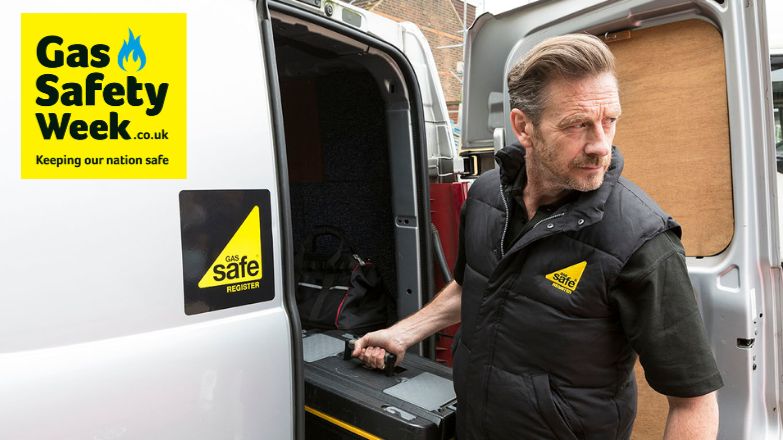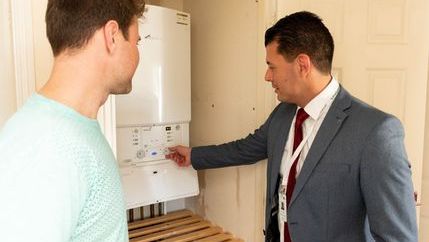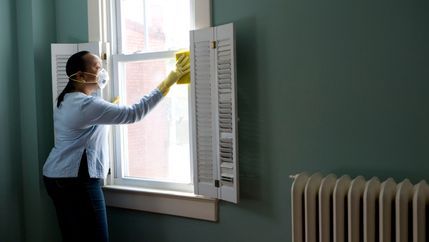
Why gas safety matters
Poorly maintained or badly fitted gas appliances can cause leaks, fires, explosions, and carbon monoxide (CO) poisoning. CO is a poisonous gas with no smell, colour, or taste – it can make people seriously ill and can kill without warning.
Warning signs of unsafe appliances include:
- Yellow or orange flames on a hob instead of crisp blue.
- Black sooty marks around appliances.
- Excess condensation inside windows.
- Pilot lights that keep going out.
The main symptoms of CO poisoning are headaches, nausea, dizziness, breathlessness, collapse, and unconsciousness. If these improve when leaving the property, it could be CO poisoning – and emergency steps should be taken immediately.
How members can help
Propertymark members are in a unique position to spread the message of Gas Safety Week by:
- Sharing advice with tenants and landlords about annual checks and alarms.
- Encouraging contacts to visit GasSafeRegister.co.uk to find and verify engineers.
- Displaying Gas Safety Week materials in offices and across digital channels.
- Supporting vulnerable clients by making gas safety part of routine property conversations.
Download ready-made resources from the Gas Safety Week website →
What landlords and agents need to know
Landlords have legal duties to protect tenants, including:
- Ensuring gas appliances, pipework, and flues are maintained in a safe condition.
- Arranging an annual gas safety check by a Gas Safe registered engineer.
- Providing tenants with a Gas Safety Record within 28 days of the check.
- Fitting carbon monoxide alarms in every habitable room with a gas appliance (excluding cooking-only appliances).
Agents should encourage landlords to use qualified engineers, remind them to keep proper records, and help tenants understand their responsibilities, such as allowing access for safety checks.
Read more about landlords’ legal responsibilities for gas safety in England, Scotland and Wales.
Gas safety checks for landlords
Research has shown that more than one in three private landlords did not know it was their responsibility to get gas appliances checked.
Advice for tenants
Tenants play an important role too. Remind them to:
- Ask for a copy of their landlord’s gas safety record each year.
- Arrange checks for any gas appliances they personally own.
- Always check an engineer’s Gas Safe ID card.
- Report signs of unsafe appliances promptly.
- Test carbon monoxide alarms regularly.
Download GSW ‘Carbon Monoxide – get in the know’ factsheet
Supporting vulnerable people
Carers, and agents who support vulnerable tenants, should be extra vigilant. Simple actions, such as checking for blocked vents, encouraging annual servicing, and ensuring a working carbon monoxide alarm is installed, can save lives.
Download GSW Gas Safety Factsheet for Carers
Commercial property responsibilities
For members working with commercial clients, particularly in catering businesses, the law requires employers to ensure gas appliances and ventilation systems are safe. All installation and maintenance must be carried out by an appropriately qualified Gas Safe engineer. Environmental Health Officers can request evidence of compliance at any time.
Take action this Gas Safety Week
Gas safety saves lives. By working together as landlords, agents, and professionals, the sector can play a key role in protecting households across the UK.
For further advice and resources, visit GasSafetyWeek.co.uk or the Gas Safe Register





